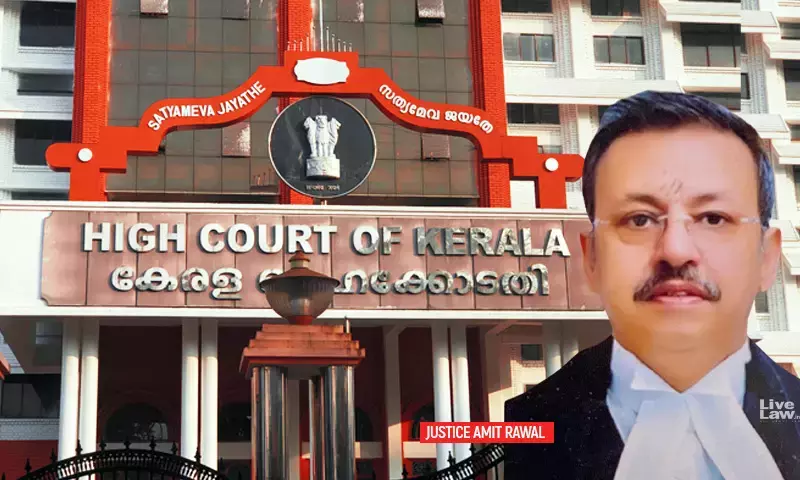Motor Vehicles Act | Claim Petitions Filed Beyond 6 Months Cannot Be Dismissed By MACTs In Limine: Kerala High Court
Navya Benny
30 Jan 2023 1:12 PM IST

Next Story
30 Jan 2023 1:12 PM IST
The Kerala High Court recently held that the claim petitions filed under the Motor Vehicles Act cannot be dismissed by the Motor Accidents Claims Tribunals (MACT) in limine, if the same have been filed beyond the period of six months. The Single Judge Bench of Justice Amit Rawal, while setting aside the impugned orders of the MACT, observed that,"The provisions of the Limitation Act would...
